Deductions relating to vehicles are generally part of any business tax return. Since the IRS tends to focus on vehicle expenses in an audit and disallow them if they are not properly substantiated, it’s important for you to know that the following should be part of your business’s tax records with respect to each vehicle used in the business:
- the amount of each separate expense with respect to the vehicle (e.g., the cost of purchase or lease, the cost of repairs and maintenance, etc.);
- the amount of mileage for each business or investment use and the total miles for the tax period;
- the date of the expenditure; and
- the business purpose for the expenditure.
The following are considered adequate for substantiating such expenses:
- records such as a notebook, diary, log, statement of expense, or trip sheets; and
- documentary evidence such as receipts, canceled checks, bills, or similar evidence.
Records are considered adequate to substantiate the element of a vehicle expense only if they are prepared or maintained in such a manner that each recording of an element of the expense is made at or near the time the expense is incurred.














